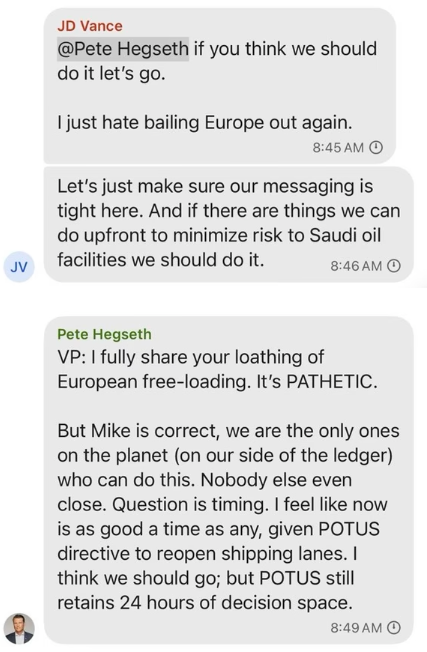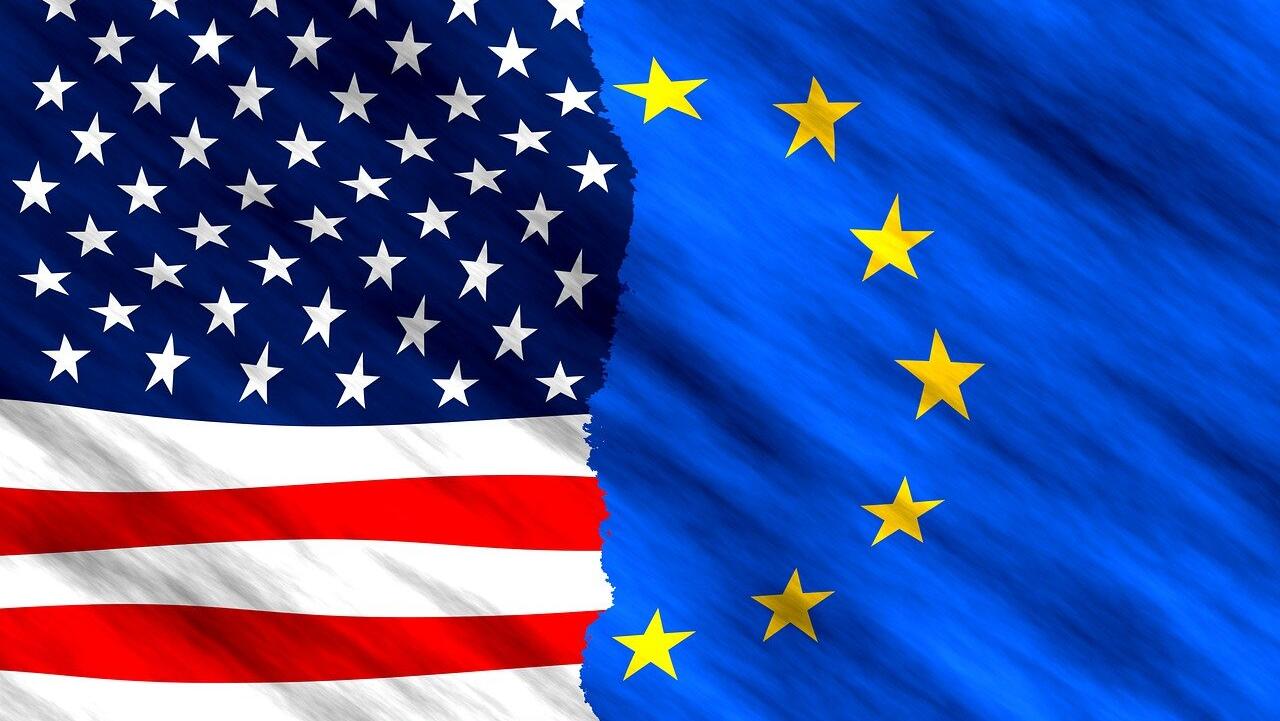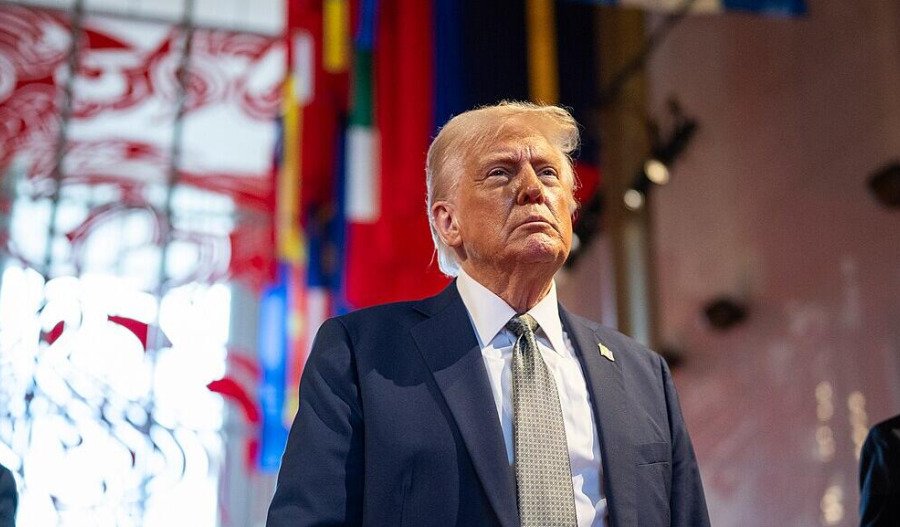With ongoing tariff measures already causing a strain on relations between the United States and Europe and the United Kingdom, Signal messages between top U.S. security officials - including Vice President JD Vance - have driven another wedge into ties between the allies.
Last week, The Atlantic published two articles showing inflammatory views about Europe and the U.K., because its editor-in-chief Jeffrey Goldberg had been accidentally added to a group war chat with top political and security officials about a military strike - none of whom noticed the journalist in their midst.
What was revealed caused ripples across the world, with President Donald Trump's administration coming under intense scrutiny over whether it can, or will, provide the necessary levels of national security and privacy in its government communications.
The bombshell comes as tensions between Western allies escalate through import tax measures by the U.S. hitting European businesses that count it as a primary trade partner - most recently affecting the automotive industry as Trump announced a 25% levy on foreign cars and car parts.
EU carmakers such as Stellantis, Volkswagon and BMW are staring down the barrel of increased prices and a downturn in exports across the Atlantic.
Find out more: Trump: US to impose 25% tariff on foreign-built cars
While the primary focus of the leaked chat seemed to be on the classified war plan information that outlined a military strike on Yemen before it happened, the scathing lines about Europe should not be overlooked.
“Pathetic” and “freeloading” were the terms used by the U.S. secretary of defence, Pete Hegseth, to describe the continent, while Vice President J.D Vance lamented “bailing out Europe again”.
It’s a rare thing to see such unfiltered language used by such senior political officials, especially in regards to one of America's closest and oldest allies.

Guarded response
Europe's initial response to the leaked Signal messages was restrained, with tensions already high in recent months.
Nothing official had come from any European leaders, just whispers and bold statements from ex-politicians who, perhaps, felt more freedom to do so.
In the UK, Prime Minister Keir Starmer stayed mum - however, former Defense Secretary Grant Shapps said the PM should “remind the USA the UK led from the front” in regards to an offensive against Houthis, a political military group in Yemen which was the target of the attacks mentioned in the group chat.
“I agree Europe must do more on security,” Shapps wrote on X.
“But Sir Keir should remind USA the UK led from the front. I authorised 4 RAF strikes on the Houthis & the Royal Navy defended Red Sea shipping. Our forces risked their lives to protect trade. Some in DC need reminding.”
And over the weekend in France, #BoycottUSA - calling to avoid brands such as Tesla, Coca-Cola and McDonald's - spread across social media networks in what researchers say is a “historic collapse” of America's image in France - America’s third largest European trading partner.
A poll showed 6 out of 10 French citizens supported a boycott of U.S. products.
Shapps hasn't been the only one to express his opinion.
History repeats
Across the pond, previous Democratic presidential nominee, ex First Lady and former Secretary of State Hillary Clinton also took to X with a simple yet pointed “You have got to be kidding me” above a screenshot of the Atlantic's first article.
Clinton went into greater detail over the weekend with an op-ed in the New York Times lambasting the security leak, saying “it’s not the hypocrisy that bothers me; it’s the stupidity".
The exposé has all the hallmarks of a similar debacle which Clinton herself became the focus of and perhaps contributed to the derailment of her run for President in a race which Trump ultimately won.
During her 2016 campaign run it was revealed she had used a private email server for official public communications rather than using State Department email accounts, which had their security and contents maintained on federal servers.
That email controversy draws attention to the fact that one of the loudest critics of the whole thing was none other than Pete Hegseth, the man now at the centre of the current “Signalgate”.
In a 2016 broadcast on Fox News, Hegseth, then host of the show, said Clinton was "reckless” with information and “any security professional, military, government or otherwise, would be fired on the spot for this type of conduct and criminally prosecuted”.
Later that year, he asked how the email scandal might impact the U.S.' ability to maintain relationships with allies.
“How damaging is it to your ability to recruit or build allies with others when they are worried that our leaders may be exposing them because of their gross negligence or their recklessness in handling information?", he said, on Fox News again.
That particular quote feels particularly topical to return to in light of his own leaked messages, on a platform designed to secure only everyday messaging use, not issues of national security.
The ramifications of the leak have drawn major criticism from across both sides of the aisle in US politics, with questions raised to the newly minted Director of National Intelligence Tulsi Gabbard about the ineptitude and culbability of those involved in these heated Senate hearings.
It also raises a question about the reliability of secure information sharing with America at a time where a powderkeg of economic trade and proxy wars continues to strain international relations.


